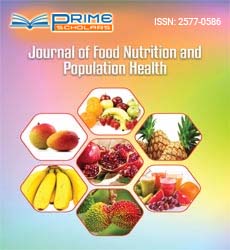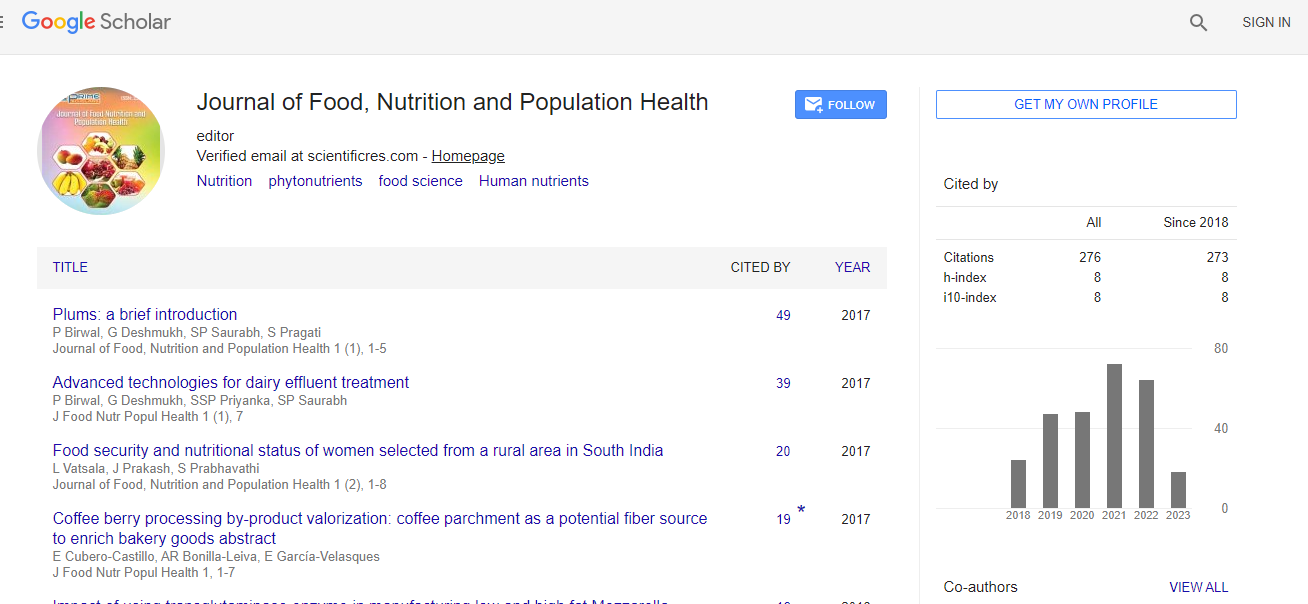It is possible to possess obesity with malnutrition. Malnutrition can lead to:
• Short¬ and long¬term health problems
• Slow recovery from wounds and illnesses
• A higher risk of infection
• Difficulty focusing at work or school Some deficiencies can trigger specific health problems. For example: A lack of vitamin A Around the world, many children develops vision problems thanks to a scarcity of vitamin A.
A lack of vitamin C A lack of vitamin C may result in scurvy. Scurvy is rare within the us , but it can develop if an individual doesn't have a varied diet with many fresh fruits and vegetables. Older adults, young children, those that consume tons of alcohol, and a few people with certain psychological state conditions could also be particularly in danger. An overall deficiency Lacking all nutrients can cause kwashiorkor, which may be a “severe sort of malnutrition.” One symptom of this condition may be a distended abdomen. Marasmus is another potential results of severe nutritional deficiency. an individual with marasmus will have little or no muscle or fat on their body.
symptoms of malnutrition include:
• A lack of appetite or interest in food or drink
• Tiredness and irritability
• An inability to concentrate
• Always feeling cold
• Depression
• Loss of fat, muscle mass, and body tissue
• A higher risk of getting sick and taking longer to heal
• Longer healing time for wounds
• A higher risk of complications after surgery Eventually, an individual can also experience difficulty breathing and coronary failure .
In children, there may be:
• A lack of growth and low weight
• Tiredness and a scarcity of energy
• Irritability and anxiety.
Malnutrition refers to when an individual's diet doesn't provide enough nutrients or the proper balance of nutrients for optimal health. Causes of malnutrition include inappropriate dietary choices, a coffee income, difficulty obtaining food, and various physical and psychological state conditions. causes Causes of malnutrition include inappropriate dietary choices, a coffee income, difficulty obtaining food, and various physical and psychological state conditions.Undernutrition is one sort of malnutrition. It occurs when the body doesn't get enough food. It can cause delayed growth, low weight, or wasting.If an individual doesn't get the proper balance of nutrients, they will even have malnutrition.20
Causes
Malnutrition can occur for various reasons. The sections below outline these potential causes in additional detail. A low intake of food Some people develop malnutrition because there's not enough food available or because they need difficulty eating or absorbing nutrients.
This can happen as a result of:
• Cancer
• Liver disease
• Conditions that cause nausea or make it difficult to eat or swallow
• Taking medications that make eating difficult — thanks to nausea, for instance Mouth problems like badly fitting dentures can also contribute to malnutrition.
Mental health conditions
Undernutrition or malnutrition can affect people with:
• Depression
• Dementia
• Schizophrenia
• Anorexia nervosa Social and mobility problems
Factors which will affect a person’s eating habits and potentially cause malnutrition include:
• Being unable to go away the house or reach a store to shop for food
• Finding it physically difficult to organize meals
• Living alone, which may affect a person’s motivation to cook and eat
• Having limited cooking skills
Examples of digestive and stomach conditions which will cause this includes:
• Crohn’s disease
• ulcerative colitis
• celiac disease
• persistent diarrhea, this include: • persistent diarrhea, vomiting, or both Alcohol use disorder Consuming tons of alcohol can cause gastritis or long¬term damage to the pancreas. These issues can make it hard to digest food, absorb vitamins, and produce hormones that regulate metabolism. Alcohol also contains calories, so an individual might not feel hungry after drinking it. they'll therefore not eat enough healthful food to provide the body with essential nutrients. powered by Rubicon Project Risk factors In some parts of the planet , widespread and long¬term malnutrition may result from a scarcity of food. In the wealthier nations.
However, those most in danger of malnutrition include: • Older adults, especially once they are within the hospital or long¬term institutional care
• People who are socially isolated — for instance , thanks to mobility issues, health problems, or other factor Health
• People with a coffee income
• people recovering from or living with a significant illness or condition
• Those who have difficulty absorbing nutrients
• People with chronic eating disorders like bulimia or anorexia Sources Similarity Malnutrition: Symptoms, causes, diagnosis, and treatment

